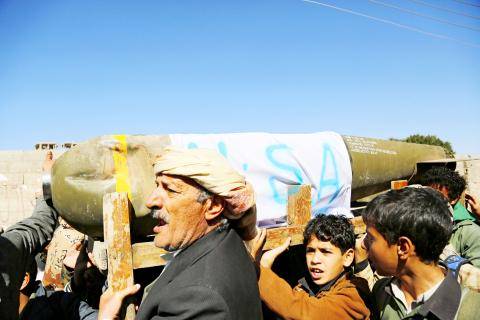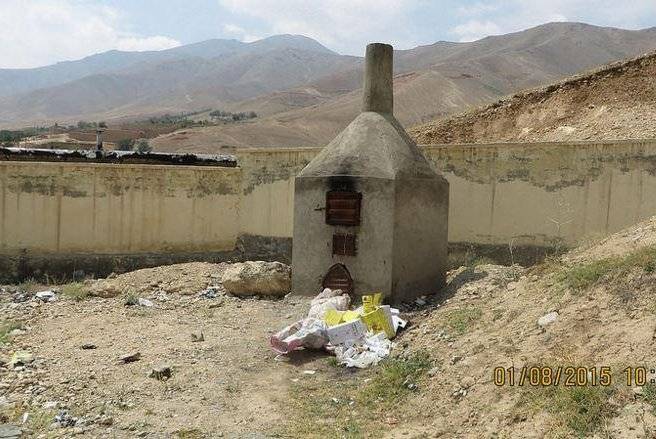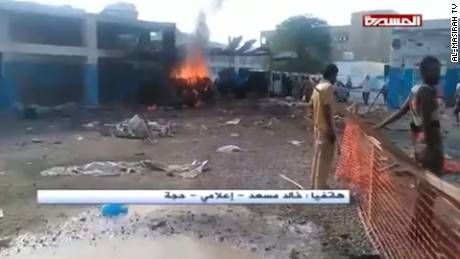Disir
Platinum Member
- Sep 30, 2011
- 28,003
- 9,607
- 910
The case of Yemen suggests that amnesia is settling in over the entire landscape. The House of Saud is playing its cards well, conducting its relations with the West in a manner that combines disdain and grovelling in equal measure. There are enemies in Yemen it would like to vanquish, and so far, it has gotten some of what it wants. Not that its enemies are going into the night quietly.
Since the intervention began in March, Shiite Houthi rebels, who are assisted by military forces loyal to former President Ali Abdullah Saleh, continue to maintain their stronghold in the capital Sana’a. The Hadi government in exile functions in Aden, Saudi Arabia’s preferred choice. From the air, the Saudi forces pummel targets and have made a good go of pummelling the capital. On the ground, there are dangers of Islamic State suicide attacks. (In September, two suicide bombers detonated themselves in the Houthi-run Balili mosque in the capital, killing 29.)
The population are feeling, as they tend to in such situations, the greatest effects of the actions, with 60 percent, according to the World Food Programme, close to starvation. To date, the United Nations claims 5,800 people have perished in the conflict.
While the Saudi presence in attacks on Syria is minimal, it leads the mission against Yemen, supplemented by forces from the UAE, Qatar and Bahrain. It was recently reported by Amnesty International that the Saudi-led forces between August and October 2015 conducted five airstrikes that involved the deliberate targeting of schools. This led to the deaths of five civilians, injuries to 14 others and disruption to some 6,500 children.[1]
A range of other facilities connected with aid have also been hit by coalition forces with devastating effect: a relief warehouse run by Oxfam; two bases of the Save the Children Fund; and clinics operated by Médicins San Frontières.
The double bind of the Saudi relationship with other states, a good deal lathered in hypocrisy that it is, crops up whenever there are public discussion between Riyadh and other Western governments. This takes place on two levels – an internal one, given the Kingdom’s approach to human rights; and an external one, with its financial and military role behind global Sunni militancy.
Bloody Entanglements: Saudi Arabia, Britain and Yemen
You mean Britain's policy is just as hypocritical as Saudi Arabia? I am shocked. SHOCKED!
Since the intervention began in March, Shiite Houthi rebels, who are assisted by military forces loyal to former President Ali Abdullah Saleh, continue to maintain their stronghold in the capital Sana’a. The Hadi government in exile functions in Aden, Saudi Arabia’s preferred choice. From the air, the Saudi forces pummel targets and have made a good go of pummelling the capital. On the ground, there are dangers of Islamic State suicide attacks. (In September, two suicide bombers detonated themselves in the Houthi-run Balili mosque in the capital, killing 29.)
The population are feeling, as they tend to in such situations, the greatest effects of the actions, with 60 percent, according to the World Food Programme, close to starvation. To date, the United Nations claims 5,800 people have perished in the conflict.
While the Saudi presence in attacks on Syria is minimal, it leads the mission against Yemen, supplemented by forces from the UAE, Qatar and Bahrain. It was recently reported by Amnesty International that the Saudi-led forces between August and October 2015 conducted five airstrikes that involved the deliberate targeting of schools. This led to the deaths of five civilians, injuries to 14 others and disruption to some 6,500 children.[1]
A range of other facilities connected with aid have also been hit by coalition forces with devastating effect: a relief warehouse run by Oxfam; two bases of the Save the Children Fund; and clinics operated by Médicins San Frontières.
The double bind of the Saudi relationship with other states, a good deal lathered in hypocrisy that it is, crops up whenever there are public discussion between Riyadh and other Western governments. This takes place on two levels – an internal one, given the Kingdom’s approach to human rights; and an external one, with its financial and military role behind global Sunni militancy.
Bloody Entanglements: Saudi Arabia, Britain and Yemen
You mean Britain's policy is just as hypocritical as Saudi Arabia? I am shocked. SHOCKED!





